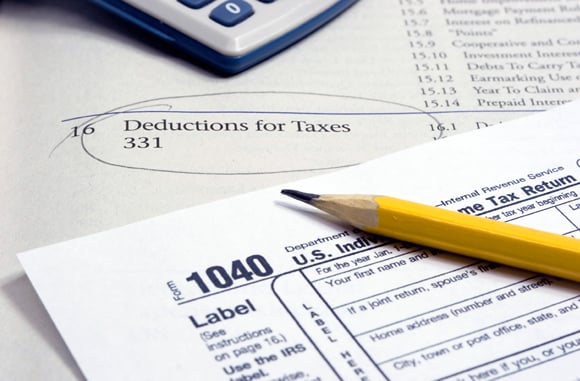Tax man offers partial amnesty that 'gives people a chance to come in before we find them'
U.S. taxpayers with hidden offshore accounts will have a second chance to disclose them to the government without being criminally prosecuted, the Internal Revenue Service said.
The new voluntary disclosure program will require those who come forward to pay up to 25 percent of the highest annual amount in the account from 2003 through 2010, plus back taxes, interest and other tax penalties for those years. The program expires Aug. 31.
“It gives people a chance to come in before we find them,” IRS commissioner Douglas Shulman said today on a conference call with reporters. He said the IRS is continuing to investigate “a number of” overseas banks, and that some of the inquiries are at “quite advanced” stages.
The program is part of the U.S. government's efforts to crack down on offshore accounts. A similar program that ended in October 2009 attracted about 15,000 taxpayers who avoided prosecution by paying taxes on six years of undeclared income, plus a 20 percent penalty.
The first 2,000 cases closed have generated almost $400 million in revenue, Shulman said.
Less-Generous Terms
Another 3,000 taxpayers declared their accounts after the initial program ended. They will be eligible for the new program, which has less-generous terms, said Shulman, who said Dec. 9 that the IRS was considering a second disclosure period.
“People who waited out the 2009 initiative will not be rewarded for waiting,” Shulman said.
The IRS urged taxpayers to disclose their accounts before new reporting requirements for overseas banks and changes to tax treaties give the government more information it can use to refer criminal cases to the Department of Justice. Shulman said IRS investigators have been tracking the migration of assets from Europe into Asia.
“As we continue to amass more information and pursue more people internationally, the risk to individuals hiding assets offshore is clearly increasing,” Shulman said. “We wanted to give people a chance while we have other banks under our sights.”
Failure to disclose accounts and filing false tax returns are crimes that carry prison terms and fines of up to $500,000, according to the IRS.
Reduced Penalties
Under the new program and the previous one, some taxpayers can qualify for reduced penalties as low as 5 percent. For the new program, that category includes people who inherited accounts that they haven't actively managed.
Unlike the 2009 program, the new program includes a separate penalty category for people who never had more than $75,000 in offshore accounts. They will be eligible for a 12.5 percent penalty. Taxpayers who participated in the 2009 program with account levels under that threshold can qualify for the reduced penalty, Shulman said.
Taxpayers who already are being audited can't participate in the program, nor can those who disclosed accounts in the 2009 program. Those who have made “quiet” disclosures by amending previously filed tax returns can apply.
The IRS started its disclosure programs amid efforts to crack down on offshore tax evasion fostered by UBS AG, Switzerland's largest bank.
--Bloomberg News







